L. H. Struna
출생 : 1899-06-27, Prague, Czechoslovakia [now Czech Republic]
사망 : 1980-02-14

Three short stories. Prague finally sees the approval of the subway construction. Thousands of individuals took part in preparing, course and finalizing construction of subway and their lives crossed at certain points of this construction.

Film by Toman and Gajer.

At the end of May 1918, released prisoners return to the Rumburk garrison from Russian captivity, hoping that the war is over for them. The only thing they want is to get their withheld ...

Martínek

Vaněk

návštěvník vinárny
Concert master Karel Mašek is a drunk, as well as engineer Danda and other regular guests of the pub U Kroců. Mašek returns from the pub in the morning and promises the woman that he will stop drinking. But he failed again, and the orchestra players refuse to play with him. Danda returns home without a bag and goes to Krocs again in the morning, even though he has an important job at work. He has been degraded to subordinate job position, but he refused to admit it at home.

miner

Jakub, lumberjack
Orphan Jirka lives alone with his grandfather by the river. He spends all his free time by the water and does not grow up with the other children. His biggest dream is to catch a big pike, which he knows that he can't do without friends. ► International Film Festival of Documentary and Experimental Films Montevideo - 1956 - 1st Main Prize (Distributor's Official Text)

nájemce Besedy Spacek

Václav Kolísko
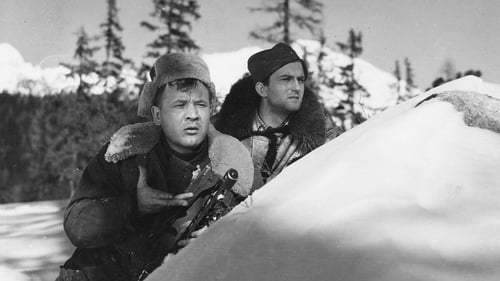
Jan Holesa
A young doctor and a group of injured are hiding in an underground shelter and are liberated by Soviet soldiers.

Václav Rýdl
Wild Beasts

Czech film tells the story of a border town in World War II. Family members and friends become enemies.

Bureš
After an attack against the guard of the Third Reich, Nazi repression intensifies, and the Czechoslovakian resistance's organized sabotage in an aircraft factory leads to Gestapo shootings.

kasař Karta
Inspector Cadek from the 13th police station should keep an eye on the released safe-cracker nicknamed The Cat. He rightly suspects that Cat will go and pick up his last loot which the police didn't manage to find and that he will want revenge on Karta who helped get him behind bars. At the hospital, Cat's ex-lover Fróny hopelessly falls for doctor Chrudimský and decides to start a new life. She still refuses to help the inspector in his search for The Cat and Karta.

Rudolf Bartoš, the owner of a farm, quarry and factory, is extremely rich, however, he is unapproachable and irritable, and the dread of his employees. One day he falls down a steep slope by a river and hurts himself. The quarryman Fábera finds him groaning in pain and takes him to his cottage.

hostinský "U hrubiána"
Venice Film Festival 1941

Solar

Penc
When Vilem appears in the road with an unconscious young woman, it disturbs the peaceful life of three generations of the Balvínova family.

Tonda Lupínek

Karpíšek

A morally questionable lord comes to the aid of a working class man who is to be executed for speaking out about thieving rich scoundrels sticking it to the poor.

Albínin muž
Venice Film Festival 1938

Eman Doležal

Honzík

A dashing but mysterious man saves a gambler from suicide, crashes the posh party of a prominent industrialist, falls in love with his daughter, and finds himself in a web of intrigue revolving around her blackmailing fiance and a gang of counterfeiters.

Venice Film Festival 1938

Holister
One of the few European films of the 30s to criticize the Nazis, even if they couldn't be directly named due to censorship: Gangsters with gray hats stir up trouble in what is obviously the Sudetenland.

Dlouhý Gusta
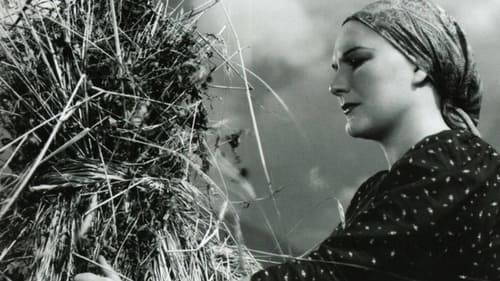
Martin
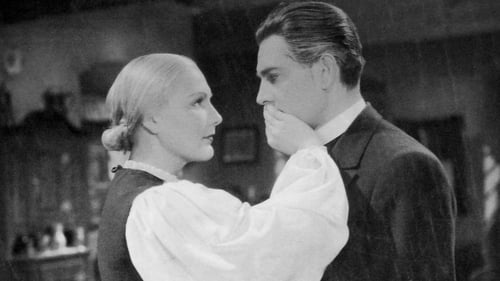
Karel

Václav Hašek

Jánošík has been topic of many Slovak and Polish legends, books and films. According to the legend, he robbed nobles and gave the loot to the poor. The legend were also known in neighboring Silesia, the Margraviate of Moravia and later spread to the Kingdom of Bohemia. The actual robber had little to do with the modern legend, whose content partly reflects the ubiquitous folk myths of a hero taking from the rich and giving to the poor. However, the legend was also shaped in important ways by the activists and writers in the 19th century when Jánošík became the key highwayman character in stories that spread in the north counties of the Kingdom of Hungary (present Slovakia) and among the local Gorals and Polish tourists in the Podhale region north of the Tatras.

Ivo Kralj
On the coast of Yugoslavia lives fisherman Ivo Kralj, his wife Marie, son Vuk, and Ivo's mother in one happy home. Marie, who loves her husband and always looks forward to his return from sea, attracts Nikola, with whom Ivo, out of jealousy, has a scuffle at a dance. After the outbreak of World War I Ivo is mobilized. He ends up in a P.O.W. camp where he is subjected to hard labour. His family then receives news of his death. The years pass and the lonely widow Marie is occasionally visited by her friend Nikola. Ivo's mother would like her to remarry. Soon after the wedding Marie becomes pregnant. Ivo, who has been thought dead, succeeds in escaping the P.O.W. camp where he has spent several years. Upon his arrival home he finds his name on a memorial erected to the victims of the war...
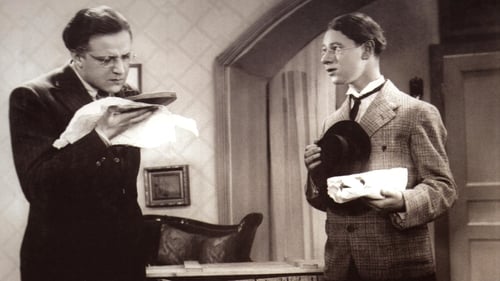
apač Tonda

Karel Nebeský

Souček
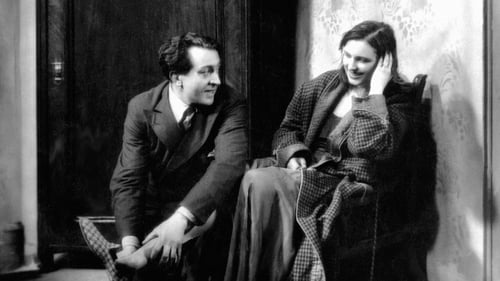
Karel Benda, typesetter
Two secretaries go out on a double date, but the inexperienced Mary flees when offered money for sexual favors. She takes refuge in a cafe and encounters a plebeian Prince Charming. The film recounts the simple progress of their romance after they go home together.

Teamster
Andrea, a beautiful daughter of a railway gateman, is seduced by a rich passenger, who missed his train. Left pregnant, Andrea marries another man and moves to Prague, only to encounter her former lover and recover her former lust.
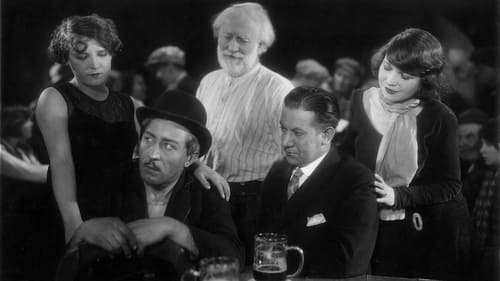
The troubled situation of a provincial actor and his actress wife who come to the city. The actor is suspected of attacking another actor who admires the actress.
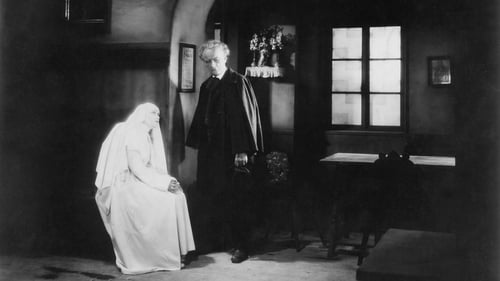
Josef Falk, Extortionist
The most important silent film by director Martin Frič. Poet Vitezslav Nezval did scenographic modifications to the original story by Václav Wasserman. Film producer Jaroslav Stransky didn’t witness premier; because of fear of financial collapse, he killed himself.

Karel
Father Vojtech (Czech: Páter Vojtěch) is a 1929 silent Czech romance film directed by Martin Frič.

Rudolf Měšťák’s silent film The Prague Executioner, based on the novel of the same name by Josef Svátek, is a historical tale of love, betrayal and revenge. The screening of the restored 35 mm copy, coloured in accordance with the original tinting and toning process, will be accompanied by music from an ensemble headed by musicologist and composer Vlastislav Matoušek.

Factory owner Pardon, meets Olga, daughter of clairvoyant Stefanie Lesczynska at a ball. Their brief acquaintance is interrupted when Olga and her mother have to leave. Fifi Hrazánková has her sights set on the elligible Pardon. Pardon asks his Uncle Cyril Ponděliček if the girl could take over his position at work so that she may be dissuaded of her amorous intentions. Fifi seduces Pondělíček. In the meantime, Pardon meets Olga and Stefanie again by chance and offers them a place to stay at Ponděliček’s while Pondělíček passes himself off as Pardon.

A lyrical tale of the pure, vernal romance between a diffident, somewhat naive girl from a rural backwater and a fairly dissolute, but kind-hearted law student from Prague.

Chief of Robbers
The film depicts the adventures of Kacenka (Zdena Kavková) and Vincek (Vlasta Burian), two innocent country bumpkins who live in a Czech small town, and the various jobs that Kacenka has once she moves to Prague, that beautiful capital city. Our heroine will have to bear difficult working conditions and to make things worse, she falls in love with a fake aristocrat. Fortunately her companion, Vincek who is also in Prague, has an unrequited love for her. Though he is the cause of many Kacenka's problems, Vincek finally will help and resolve her loves troubles. And of course there is a happy ending that brings the Czech couple together.

Directed by Carl Lamac.

Apache
The film depicts the troubles of Herr Verner ( Herr Karel Hasler ), a middle-aged bachelor dentist who wants to marry.























